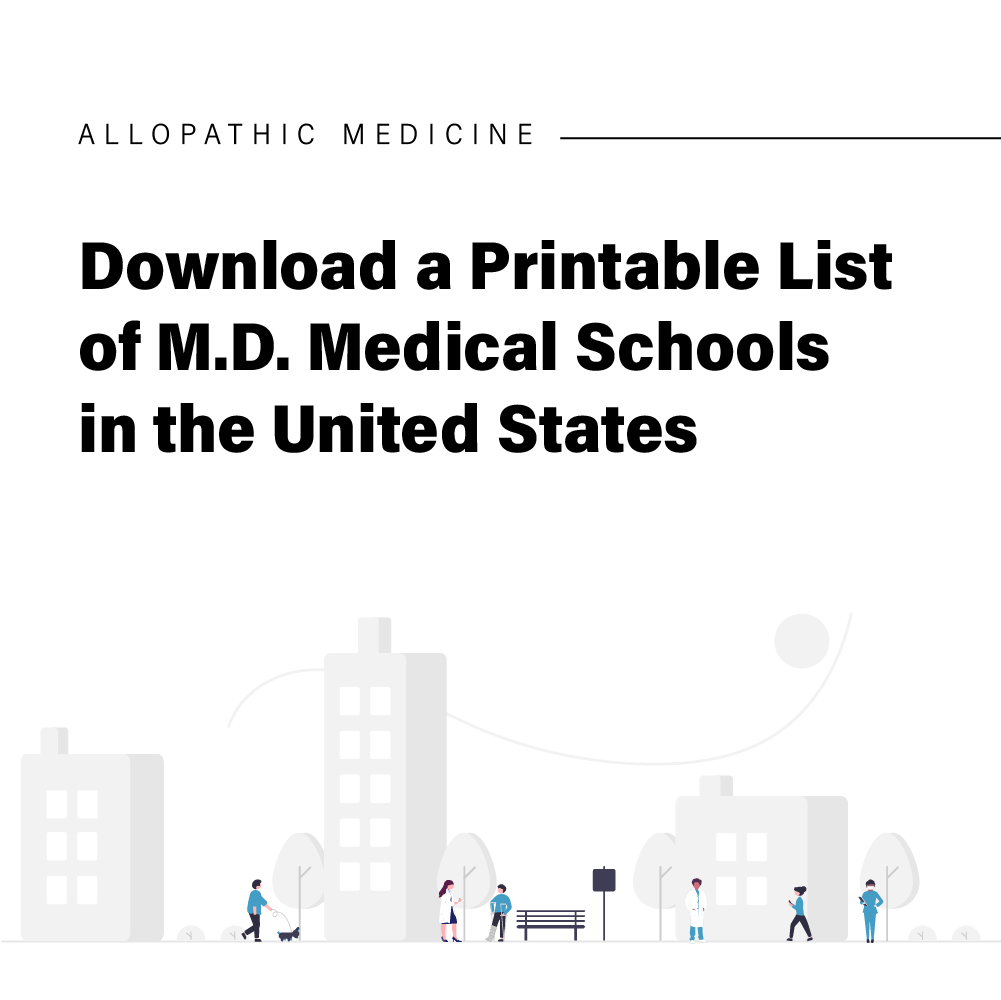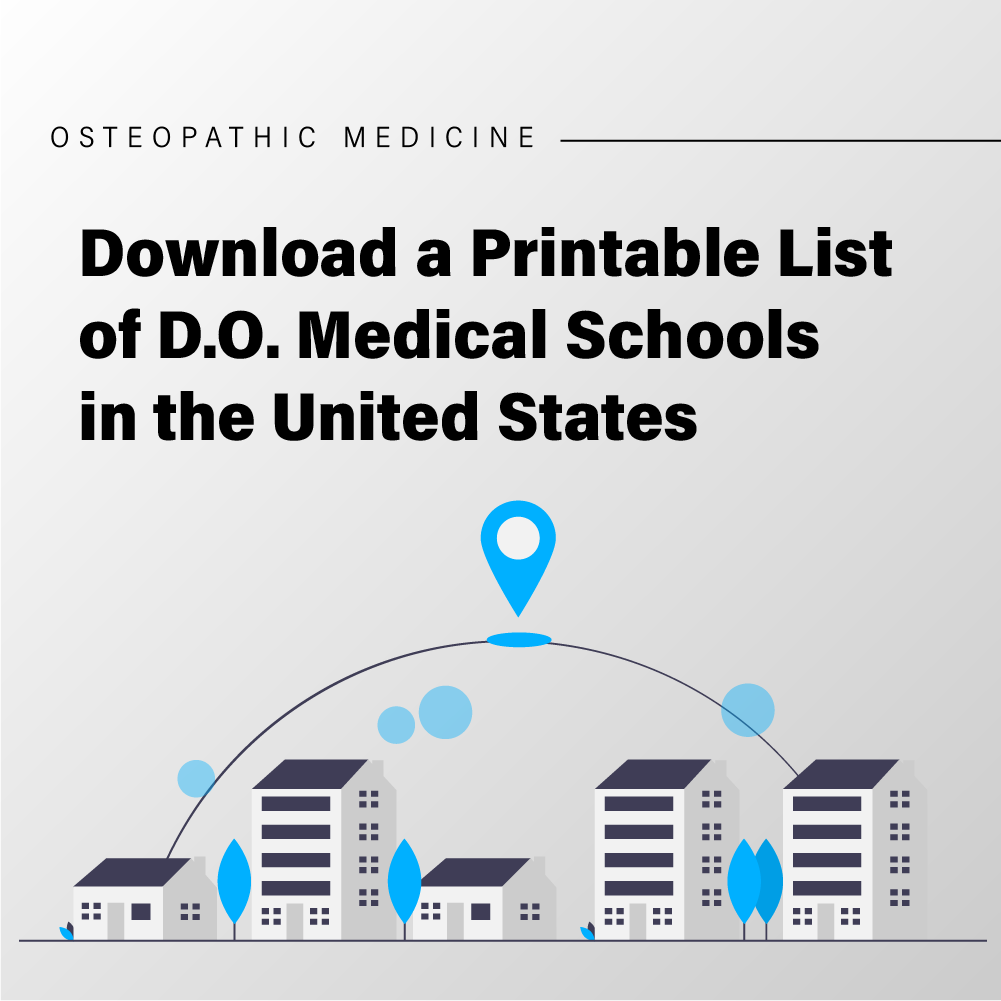One of the most effective ways to stand out during medical school interviews is to have research experience under your belt. And even better, publishing your scientific findings in a peer-reviewed academic or medical journal. If this is an endeavour you want to pursue, keep reading! Here, we outline tips for you on when to get involved with research, which kind of field to choose, how to find the right lab for you, how to communicate your goals, and how to make the most of your research experiences.
Begin early or take a gap year
Doing research in college
If your goal is to have a publication in time for your medical school applications, one of the most important things to consider is how much time to dedicate to this task. Depending on what kind of research you would like to publish, the entire publication process can take months or even years–after data collection. Therefore, the best course of action is to get involved with research as early as you can in college. Many university labs welcome undergraduates in research and are happy to train you for course credit. In most cases, labs will ask for a long term commitment of at least one year but chances are that you will be working on a part-time schedule in order to balance and complete your courses.
As a research assistant, you will most likely work alongside a graduate student to help them collect data, do literature reviews, and run experiments for a study in progress. This process can take anywhere from 6 months to 2-3 years. Participating in research is particularly impressive for undergraduates, although be careful not to compromise your grades! Think about whether you can handle doing very well in your classes, plus allocating extra time to research. If you foresee that this may be difficult, consider doing research after graduation.
Doing research during your gap year(s)
If you would like to focus on your schoolwork during college, consider working as research assistant or technician for gap year(s). During this time, you can get paid for your work as opposed to working for course credit only. There are several benefits to this route. First, you will not compromise time away from studying while you are in school. The easiest way to let your GPA slip is to overextend yourself. Waiting to do research after your coursework is complete will Second, you can dedicate your full-time employment as an opportunity to build a relationship with your mentors and obtain meaningful letters of recommendation for medical school. This letter of support will be drastically different from letters written by professors who taught your classes. Even if you got an A in a course, your professor will only be able to attest your ability to participate in class, do well in exams, ask questions during office hours, etc. A letter of recommendation from a professor who runs a lab (a principal investigator) and supervises your research will be able to write about your ability to think critically, troubleshoot, communicate scientific results, and more.
Third, you can use your gap year for research and other endeavors, such as studying for the MCAT on your time off, traveling, or pursuing hobbies outside of work. Going to medical school is a huge commitment! In addition to gaining maturity and work experience, a gap year is a great way to take a break and work on your application without juggling coursework and final exams.
Choose what type of research you want to participate in: basic or clinical work?
Generally, there are two fields you can aim to do research in as a premed student–basic research or clinical research. As a premedical student, the best fit may be a clinical or translational laboratory and we will explain why!
Clinical research
Clinical research focuses on collecting patient data and to answer questions pertaining to a disease. Oftentimes, laboratories will have a cohort of patient data that may have been collected over the years. You can help organize and analyze this data for a publication in a medical or translational medicine journal. Since you will most likely jump into either finishing data collection or analyzing it, clinical research is usually an easier path to publishing during college or during 1-2 gap years. Additionally, clinical or translational laboratories will be proximal to hospitals or clinics and you may spend some time shadowing other physicians or researchers. Clinical research is your best option as a premed because time to publish will be shorter than basic research and because you will gain exposure to a clinical environment, where you will be able to meet physicians, surgeons, technicians, nurses, etc.
Basic research
Basic research aims to describe a mechanism or function of a biological process and/or of a hypothesis. As such, your publication will need to include extensive experimental data. This typically takes more than one year to complete. However, you can join a lab where graduate or post-doctoral students need assistance for ongoing studies. As a research assistant, you will be trained in laboratory methods that are crucial for the ongoing study, although it is not always guaranteed that the data you produce will be used in the final publication. More often than not, experiments do not go as planned or need to be troubleshooted. Again, this takes time! Regardless, basic research is very highly regarded in medical school admissions and can be very rewarding!
Find the right lab.
After thinking about which kind of research is better aligned with your timeline, narrow your search by finding a specific lab that interests you. Narrow your search by answering these questions:
Which disease are you interested in, or which specialty?
Many universities or hospitals will have specific departments dedicated to particular sciences, diseases, or medical specialties. Take some time to read their department websites, their research, and be open-minded!
When was the last time the laboratory published a paper in a high-impact journal?
You can find a lab’s publication record on their lab website. However, you can find a comprehensive and updated list on PubMed or Google Scholar, which is even better. Before joining a lab, you will want to make sure that it has a stellar record for publishing on average every two years. Anything more than two or three years may indicate that there is either a study in progress that is wrapping up or that the lab invests their time in longer term projects (which may not be a good fit for you). Don’t disregard a particular lab of interest completely until you speak with the principal investigator–it may be possible that they can help find a project that is a good fit!
Does the lab have a record of hiring research assistants or summer interns?
Look at the personnel tab of the lab website to determine if the lab is keen on hiring undergraduates, research assistants, or summer interns. If they have a long history of doing this, it will most likely be a good match. However, labs that usually don’t hire undergraduates or summer interns may still be open-minded to doing so. All you need to do is ask!
Do the staff, graduate students, post docs, and scientists seem happy?
Considering that you will spend a considerable amount of time working and training with other scientists in your future lab, it is very reasonable to prioritize being in a good, supportive environment. After introducing yourself to the principal investigator, ask to make a visit and speak with other people in the lab. Ask direct questions about training and guidance, especially if it will be your first time doing lab work.
Communicate your goals.
Keep your eye on the prize: getting into medical school. The earlier you share this to your mentors and the lab’s principal investigator, the better. This will help with work assignment and project development. Your PI will want you to be invested in the research and if you tell them you are a premedical student, they can help find a project that is better aligned with your path. When sharing your future plans, also be clear about how much time you are dedicating to your research or gap year. This will ensure two things: you will participate in a project that is appropriate to the time you have to give, and that your PI is not blindsighted when you tell them you are applying to medical school or leaving the lab.
Prioritize and be proactive.
Although it may seem intimidating to get your feet wet in research, remember that the best way to achieve your goal is to treat it like every other academic endeavour. Take it seriously! Show up prepared on a daily basis, keep up with the scientific literature, and make sure you understand your study’s aims and the methods you are using. When you are unsure or confused about your assignment or work, be proactive and ask for help. There is no shame in needing help. In fact, asking for help will probably help your research move along faster.
Have fun and build meaningful relationships!
Research can be extremely rewarding, especially when you interact and spend time with your lab mates and mentors. If you are working in a lab focused on a specialty that you like, use this time to study the field and immerse yourself in that specialty. Be professional and ask your lab mates/mentors for guidance on the medical school application process, how to write your lab reports and methods, and how to analyze data. Usually, you will work alongside graduate students and other researchers, but your PI will offer guidance during lab meetings. Checking in regularly with your PI will keep you in good terms and show that you are invested in your personal and professional development, and that you value your contributions to their research lab. It is very likely that the relationships and connections you build here will be kept throughout most of your career onwards!



